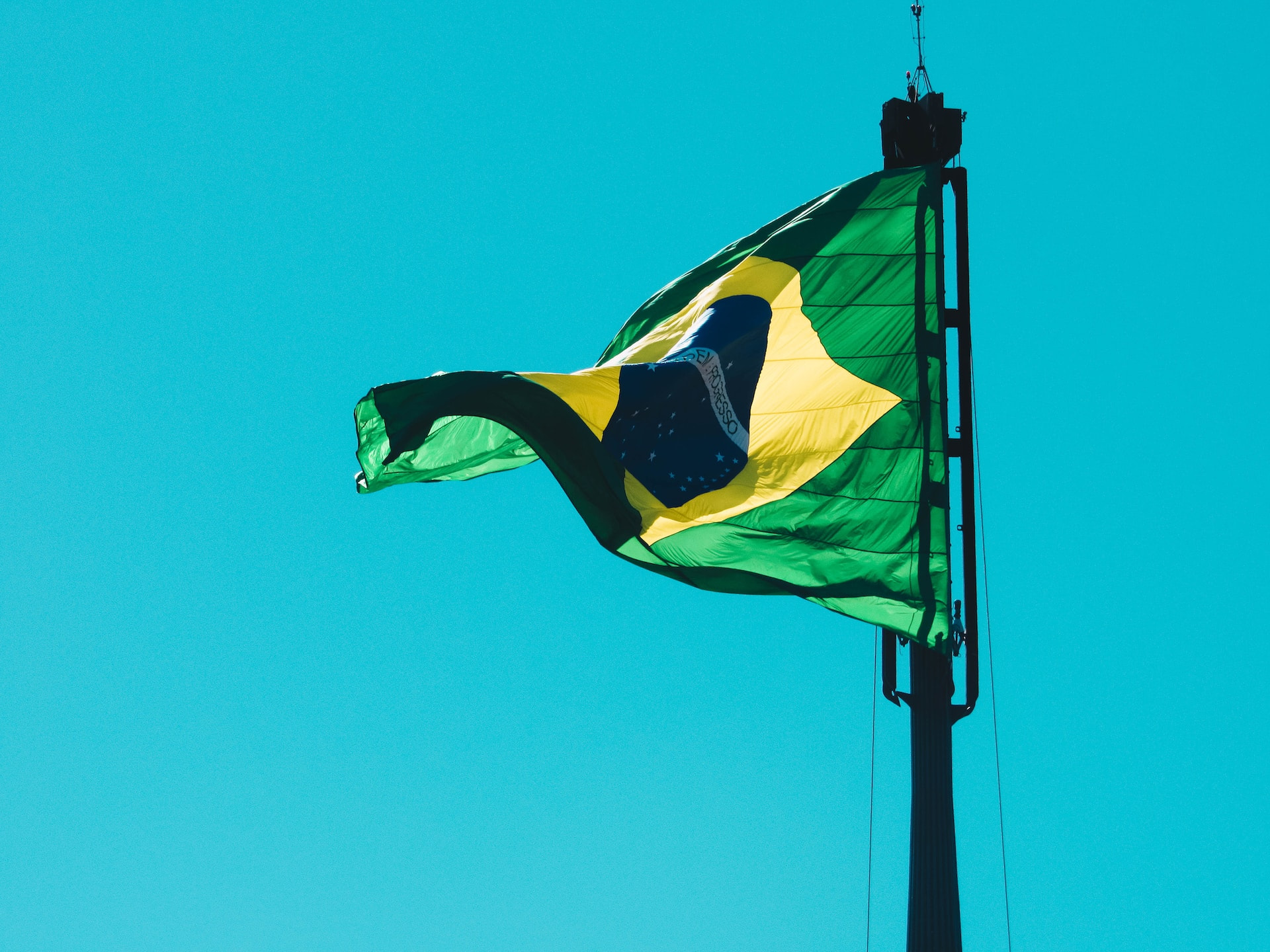Brazil’s Senate Adjust Sports Betting Tax Rate
After a long legislative process, a component of Brazil’s senate has approved an updated text in the bill approving sports betting in the country. One of the major changes in this version of Bill 3626/23 is a reduction in the sports betting tax rate. It was originally proposed to reach 18% but has been lowered to 12% in an attempt to appeal to more betting platforms and draw in investment. The 18% tax rate had initially been approved by the Chamber of Deputies.

Brazil’s CAE has approved the latest version of the sports regulation bill.
©Ramon Buçard – Peiobty/Unsplash
Initial approval made in the CAE
Brazil’s Economic Affairs Commission, or CAE, within the Senate has given its official approval for Bill 3626/23, for the regulation of sports betting. The speaker for the bill, Senator Angelo Coronel, reiterated that with this newly approved version, sports betting companies will have a significantly lower tax than what was initially suggested in the Chamber of Deputies when the bill was being worked on earlier this year.
There were further changes to the Chamber of Deputies version: the concession period for a licensed platform will now be five years rather than three. The cost of this license will be equivalent to $6 million USD. Each operator approved in the process will have access to three platform brands.
Within the license, gaming providers will also be able to expand to online casinos as well as other forms of virtual gaming. Income tax for players has also been determined: It is currently set at 15% of winnings.
Coronel spoke to the decision to reduce the tax rate for licensees. He said that a reduced tax rate makes the system more accessible for regular bettors as well, since more sports betting houses will be operating legally and with fairer prices. This will hopefully result in fewer citizens choosing to bet on the black market instead.
Bettors playing in other countries as opposed to in Brazil is also a concern. This is true for those who live in border states where travel to neighboring countries is possible, as well as for those who use VPNs and other devices to access betting abroad. Both constitute a problem for the Brazil bill and the potential success of the regulated sports betting project.
Coronel put it simply by saying without the bettor, there is no bet. In other words, without the input from regular people, there is nothing for the project to tax or to contribute to the public infrastructure.
One thing the senator did not include in his reading of the bill was an element approved by the Senate Sports Commission, who suggested that sports betting ads should not be allowed in stadiums. However, the idea to use a percentage of betting income towards promoting local sports teams is included.
Though the text has been approved by various entities as it stands, the legislator also recognized that this may not be static. Since it is a new project, the situation will have to be continually evaluated and it is likely there will be amendments to sports betting procedure as time goes on.
For now, though, sports betting platforms in Brazil will need a partner based in the country. That partner must own 20% of the company’s share capital, or else they will not be eligible for licensing. Furthermore, the partner and the main shareholder cannot be involved in a sports franchise or organized as it would constitute a conflict of interest and potential for manipulation of results, which is a major concern in Brazil.
This version of the text will now be voted on in the Senate Plenary. It is not yet known if there are any major concerns or revisions that will be suggested in this particular group, but a result should be available by the end of November 2023.



